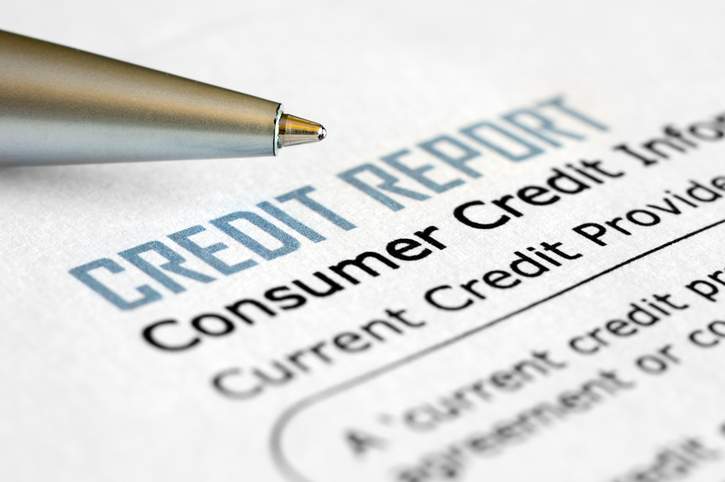When it comes to your credit, it’s hard to know if all the information you see and hear is true. For example, does applying for a credit card really lower your score? What about getting pre-approved for a mortgage or applying for an auto loan? And you’ve probably heard you should check your credit score regularly, but might be worried that doing so could cause it to drop. Whether these activities ultimately affect your credit score depends on if they rely on a hard or soft credit pull. We break down the differences between the two below:
What is a Hard Credit Pull? 
Any time you apply for credit—whether it’s a credit card or loan—the lender will perform a hard pull to determine your creditworthiness. Some credit card companies will also do a hard pull when you request a credit limit increase. Generally, a hard pull will cause a slight dip in your credit score. Other factors, however, such as credit utilization and payment history, have a bigger effect on your score. Regardless though, you don’t want to rack up too many hard pulls in a short period of time. When lenders see that, it can appear you’re desperately chasing credit, and will make you look like a bad credit risk.
What is a Soft Credit Pull?
A soft pull happens when you check your own credit score, when a prospective employer checks your credit during a background check, when you get pre-approved for a mortgage, or when you complete credit counseling, either over the phone or online. A soft pull does not have any negative effect on your credit score. In fact, checking your credit score regularly is an important habit to get into. It can help you spot and address errors on the report and see if someone else is trying to open credit in your name, one of the classic signs of identity theft.
What Else Should I Know?
As you review your credit report, you may run across unauthorized hard pulls. If you determine it is an error, rather than a sign of ID theft, you need to call or write to the creditor and ask them to remove it.
Should I Always Avoid Hard Credit Pulls?
When applying for credit, moderation is key. Don’t let fear of a small drop in your credit score keep you from applying for credit you really need. But avoid the temptation to apply for all the ‘easy credit’ offers that come your way. Taking on more debt obligations than you can afford to pay off can result in long-term negative consequences and financial hardship.






